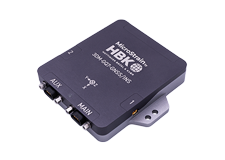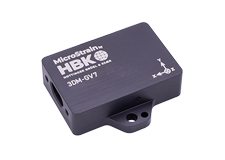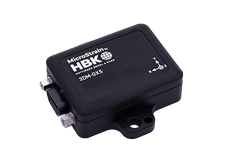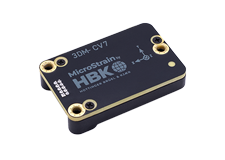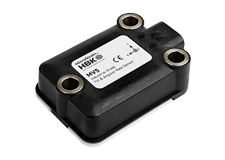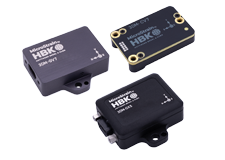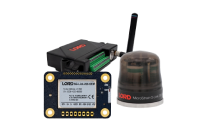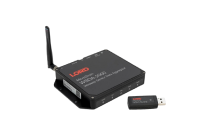Recent
-
-
MicroStrain by HBK at XPONENTIAL 2024
May 7, 2024 / Inertial
-
-
-
Introducing Version 4.0.0 of the MicroStrain ROS Driver
Jan 29, 2024 /
-
-
-
Enhancing Vision-Based Robots with IMUs
Dec 19, 2023 /
-
Advances in Popular Torque-Link Solution Offer OEMs Greater Benefits
- By Chris /
- Published Thu, 06/21/2018 - 14:01
Many companies currently rely on accelerometers and thermocouples to measure bearing vibration, pump vibration, machinery vibration and temperature for condition monitoring. Using our Torque-Link not only accomplishes the same goals but also increases accuracy and can assist in identifying other issues-- to more fully diagnose failures and plan maintenance cycles, which can, in turn, save up to $1 million per hour that would have been lost during unplanned maintenance downtime.
The limitation of slip rings long ago validated the use of the Torque-Link. What started as lab installation of our wireless strain node SG-Link-200-OEM on a shaft proved to be so successful we commercialized it as its own product. During development tests, some slip rings only lasted between 100-200 hours before failure, while the Torque-Link wireless node has been proven to endure for more than 1,000 hours. Additionally, removing a failed slip ring may require several hours. A Torque-Link, meanwhile, requires less than five minutes for removal, battery replacement and re-installation.
The Torque-Link-200 allows users to remotely collect data from a range of sensor types, including strain gauges, pressure transducers and accelerometers. An integrated hall effect sensor enables reporting of RPM and total pulses allowing for the derivation of real-time power in torque applications.
Already a popular solution in the marketplace, OEMs who utilize our torque-link for short-moderate length test and measurement applications in well protected areas will now benefit from these expanded features:
- Easily sourced replaceable AAA batteries
- Integrated hall effect input for RPM to enable horsepower calculations
- Lower noise: as low as 1 μV p-p
- High resolution 24-bit data
- Datalog up to 8 million data points
- Low power operation, well-suited for battery powered applications
No different than the existing Torque-Link, the improved model does not require changes to existing drive trains with exception of adding strain gauges. With no slip rings, installation is easy and users enjoy rapid deployment. The product is robust with IP 66 rated enclosure that is factory built to match nearly any diameter shaft.
To date, LORD Sensing’s Torque-Link has been used by several companies in flight test applications. Instead of relying on bulky, unreliable slip rings that require hours to install, engineers were able to quickly install Torque-Link nodes and connect it to a wireless system for fast and accurate torsional strain measures. Applications also include off-highway vehicles, rotating machinery including the analysis of how driveline resonance caused driveshaft failures on fracking pump trucks.
For more information, view our product details on the Torque-Link-200.
